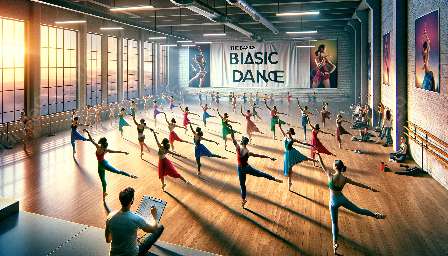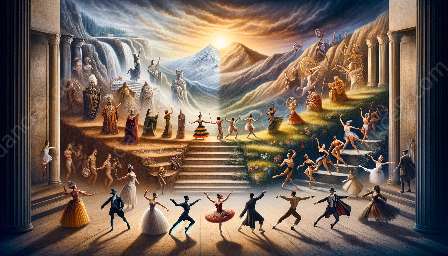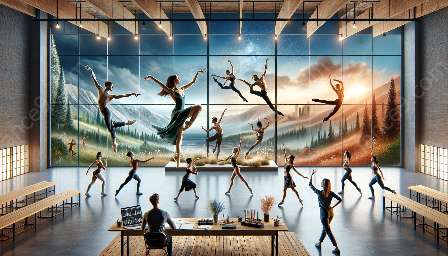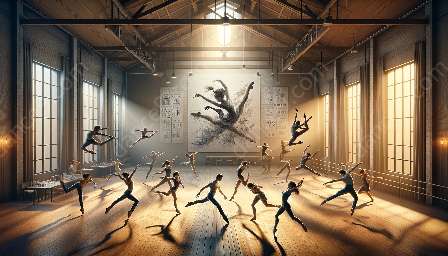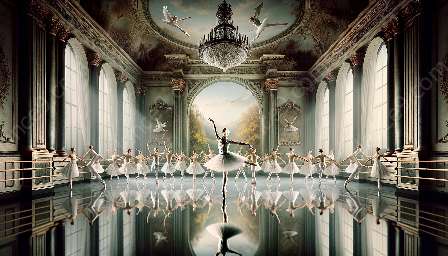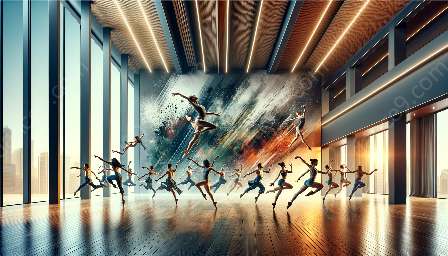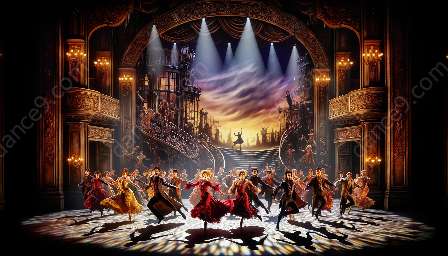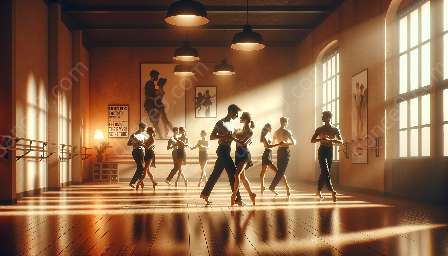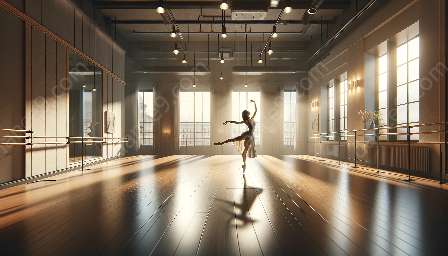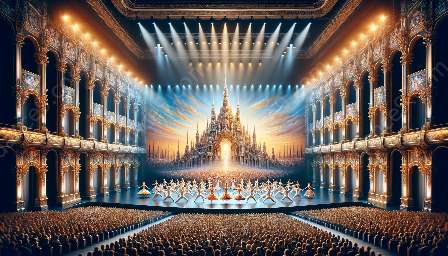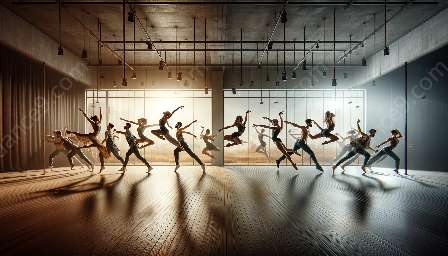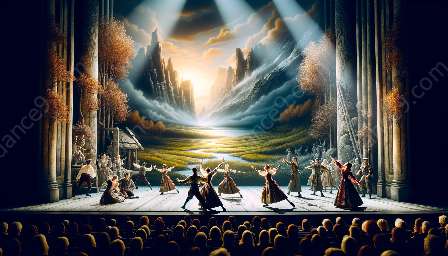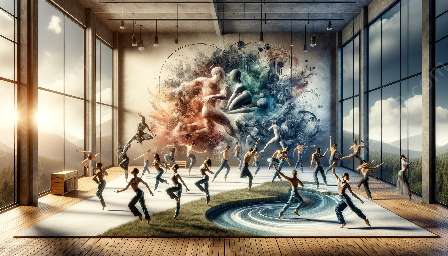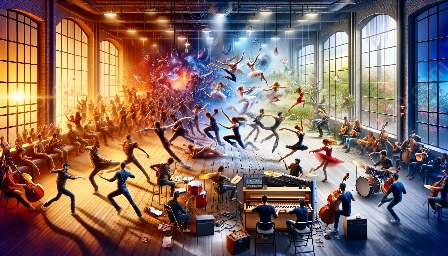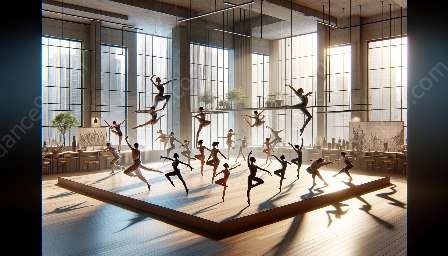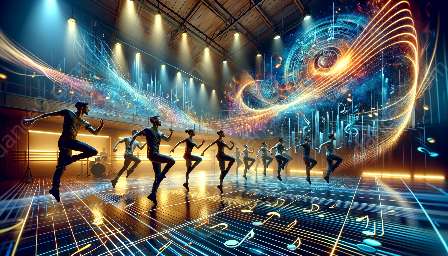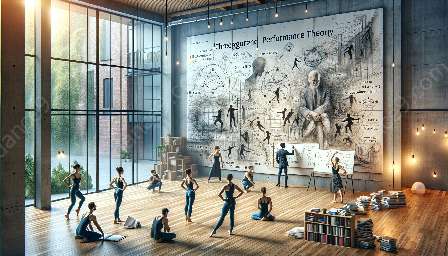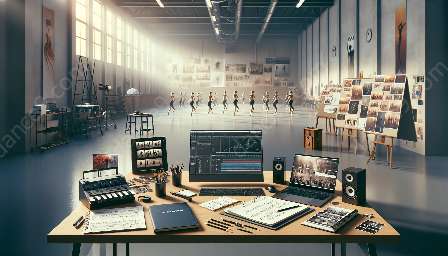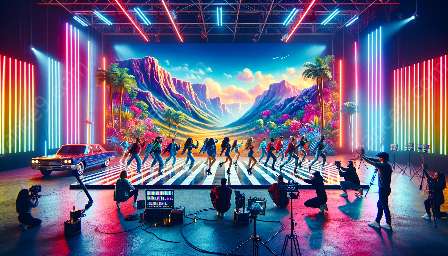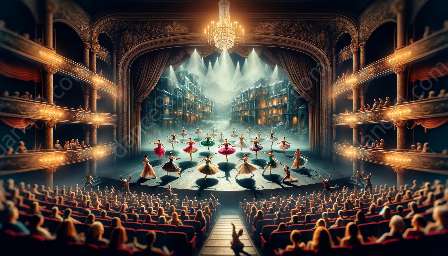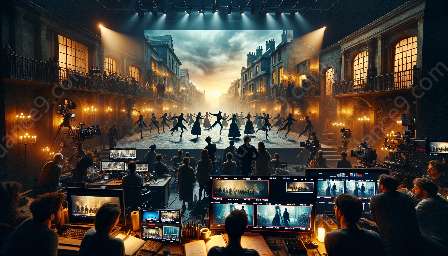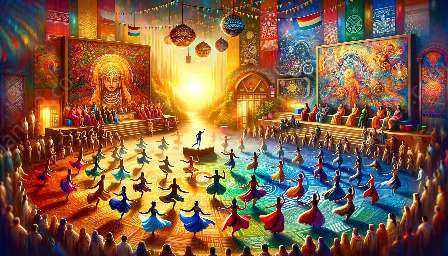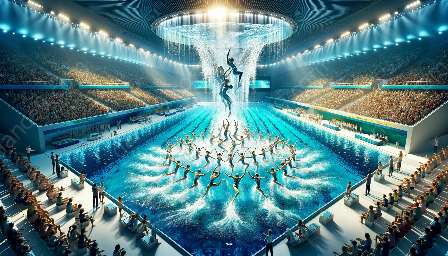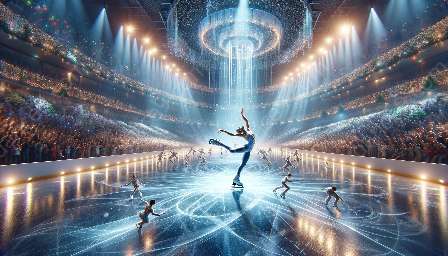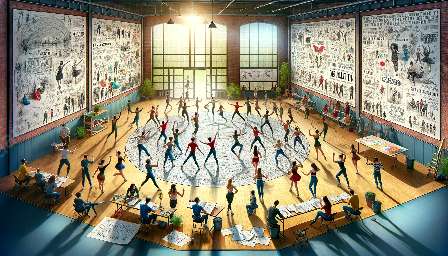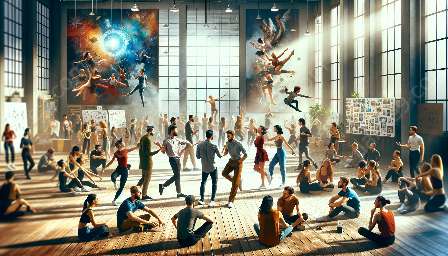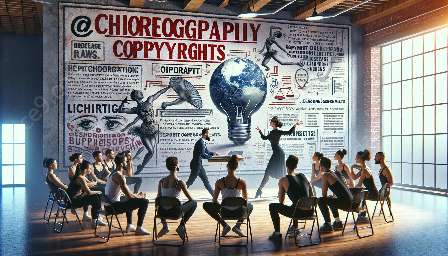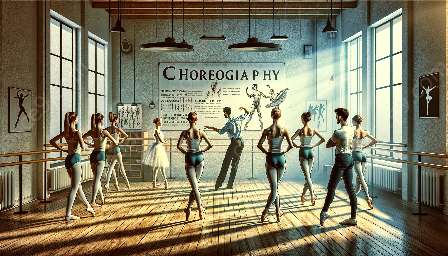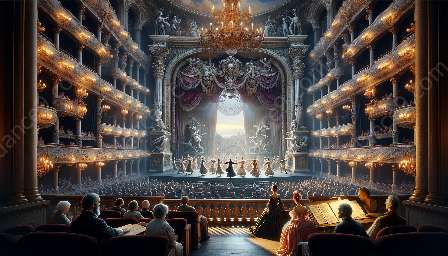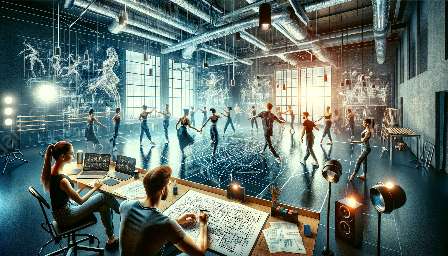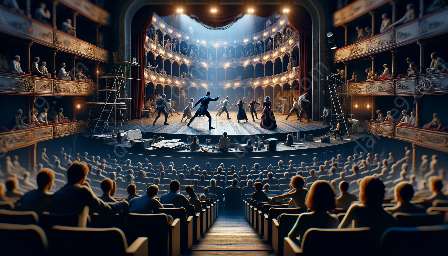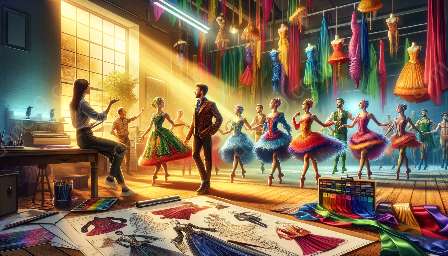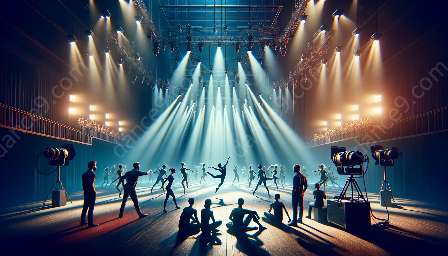Choreography is the art of designing and arranging dances. This involves selecting appropriate music, creating movements, and coordinating sequences of steps. However, beyond technical know-how, choreography also delves into the psychological aspects of creativity, expression, and emotion.
Understanding Inspiration
As a choreographer, you must draw inspiration from various sources. Whether it's a personal experience, a social issue, or a piece of music, the emotional impact of the subject matter plays a crucial role in the choreographic process. Emotions can drive movement choices and help infuse authenticity into the dance piece.
Dealing with Emotions
Emotions are central in choreography, both in the creation process and the performance. It's essential for choreographers to understand their own emotions and those of their dancers, as these emotions can serve as a foundation for the movement language of the piece. This understanding can lead to creating authentic and relatable dance pieces.
Expressing Creativity
Choreography is a medium for expressing creativity, and this requires harnessing the psychological aspects of imagination and originality. Exploring unique ways to create movement that reflects the intended emotions or themes requires a deep connection with one's creative process. Choreographers often face the challenge of maintaining this creativity throughout the choreographic journey.
Overcoming Creative Blocks
Choreographers can encounter creative blocks, hindering their ability to express emotions through movement. Understanding the psychological reasons behind these blocks, whether it's self-doubt, fear, or external pressures, is crucial in finding ways to overcome them. Techniques like visualization, collaboration, and self-reflection can help in breaking through creative barriers.
Creating a Psychological Connection
When choreographing a dance piece, the choreographer aims to establish a psychological connection with the audience. This involves understanding how movement and emotion intertwine to create a visceral experience for the viewer. Choreographers must consider how their choices in movement and composition can resonate with the audience's emotions and create a lasting impact.
Conclusion
Choreography goes beyond just the physical movements; it delves into the depths of human emotion and creativity. The psychological aspects of choreographing a dance piece are essential in creating meaningful and authentic expressions of art that resonate with both the creator and the audience.

